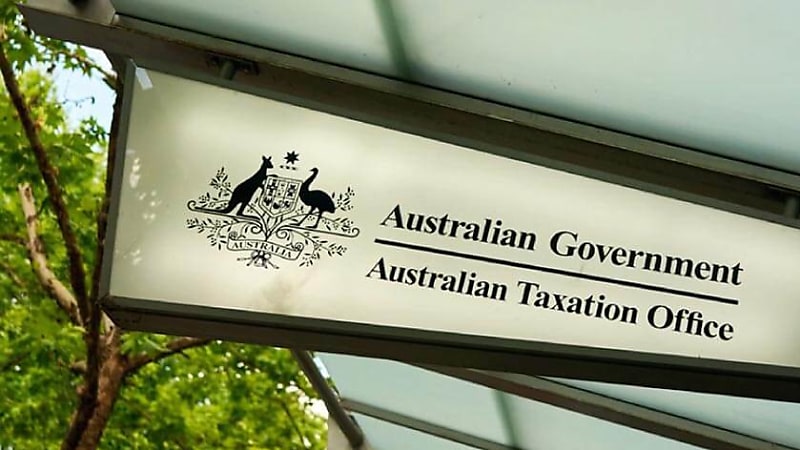ATO warns about related-party property development scams
The ATO has warned SMSF trustees to be aware of scams involving property development in associated joint venture structures.
In a recent update on its website, the ATO has reminded SMSF trustees that related-party property development ventures may result in substantial profits for the SMSF, especially if related group entities provide most of the services without adhering to arm's-length market values.
“This results in profits disproportionately attributed to the SMSF compared to the capital contributed. Whilst an SMSF can invest directly or indirectly in property development ventures, extreme care must be taken,” the Tax Office said.
“Some arrangements can result in significant income tax and superannuation regulatory risks, potentially including the application of the NALI provisions and breaches of regulatory rules about related party transactions.”
In May 2023, the ATO published a taxpayer alert on these types of arrangements and the process it was taking to actively review them. It has urged trustees to keep themselves updated by accessing TA 2023/2, Diverting profits of a property development project to an SMSF, through the use of a special purpose vehicle, involving non-arm’s length arrangements and ‘SMSF Regulator's Bulletin SMSFRB 2020/1, Self-managed superannuation funds and property development’.
The Tax Office has also listed a comprehensive number of well-recognised property scams of which trustees should be aware.
Another of these is a residential property purchased in a member's name, where an SMSF is set up to help members buy residential property in their personal name. These schemes often target first home buyers wanting to enter the property market.
A third property scam relates to the legal life interest of property and happens when an SMSF member or other related entity grants a legal life interest over commercial property to an SMSF.
“This means the rental income diverted to the SMSF is taxed at a lower rate without full ownership of the property ever transferring to the SMSF,” the ATO said.
Scams that involve residential property purchases through illegal SMSF schemes often target first home buyers wanting to enter the Australian property market to purchase a house and land package.
The ATO warned these schemes may be structured differently, but typically involve:
-
Set up or use of an SMSF.
-
Rollover of a member's super benefits from an existing fund to the SMSF.
-
SMSF investing in a property trust (an unrelated unit trust) for a fixed period and rate of return, being a contributory fund with other investors.
-
On-lending of money by the property trust to individuals to help them purchase real property, secured by mortgages over the property.
“Once the investment is in place, the member gains access to money from a third-party entity to help finance the purchase of residential property under an arrangement commonly referred to as a 'loan'. Depending on the scheme, this money is used for,” it said.
“Depending on the scheme, this money is used for all or part of the deposit, the balance of the purchase price or costs related to the purchase. In some cases, the money is also used to help consolidate the member's personal debts to help them secure a home loan.”
The Tax Office warned that these schemes are established and promoted to look like a genuine SMSF investment to help individuals purchase a home. However, they often contravene one or more of the super laws.
“To determine whether a scheme gives rise to a contravention of the super laws, we will take a 'look-through' approach and consider the arrangement as a whole.”
“If SMSF monies are used to help purchase a house for a member or a relative to live in through investments in other entities, this may be treated as illegal early access of super benefits. The amount may be included in the member's assessable income and taxed at their marginal rate, with the potential for tax shortfall penalties to also apply.”
It added that the trustee will have contravened one or more of the super laws, and serious penalties may apply, such as the trustee being personally liable to pay an administrative penalty or being disqualified from acting as trustee.


